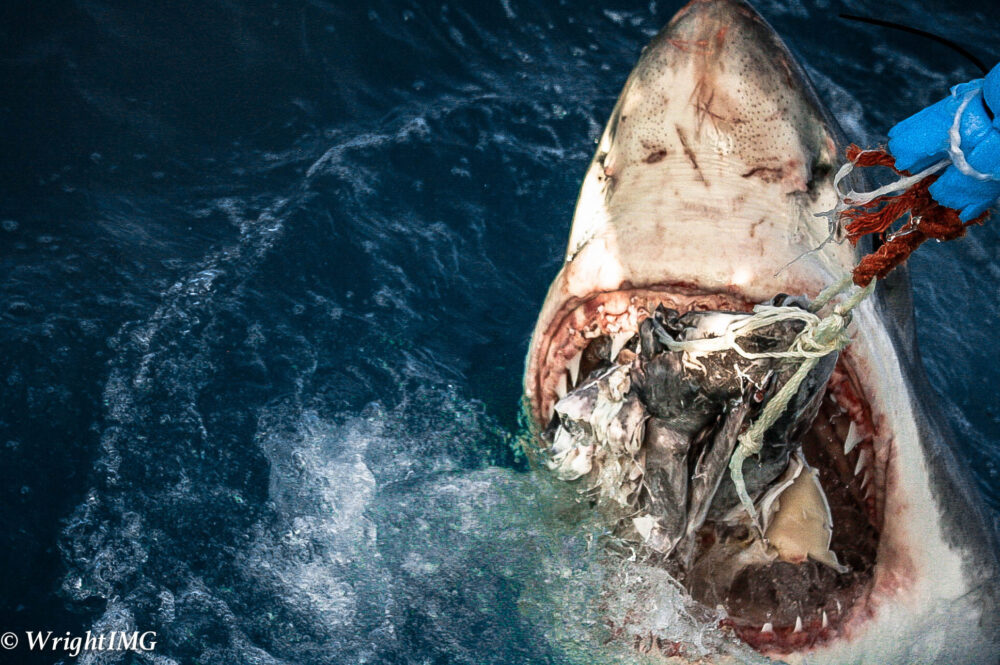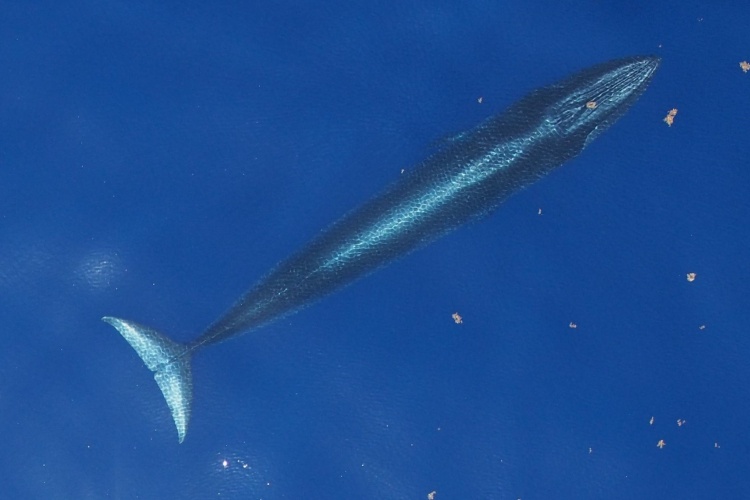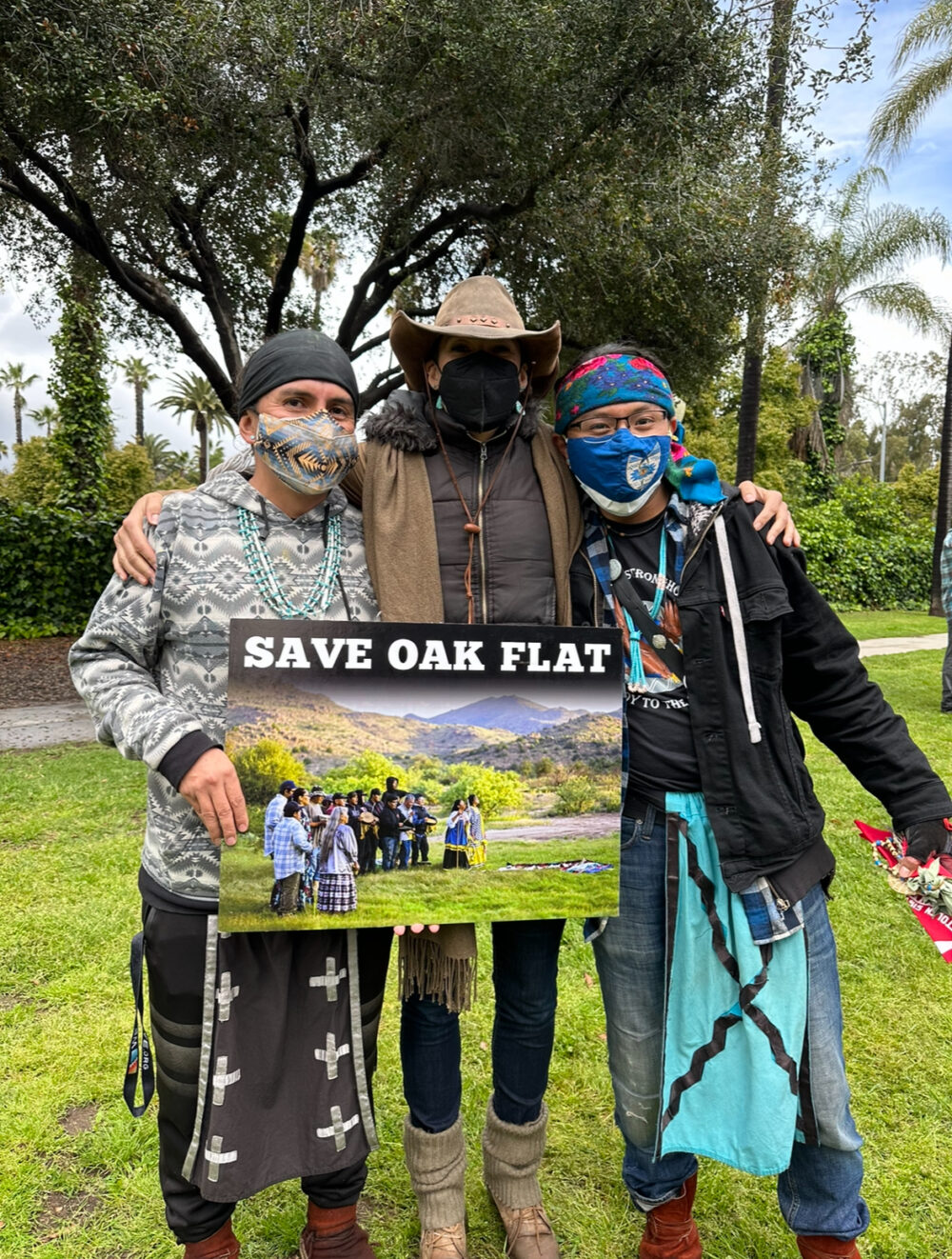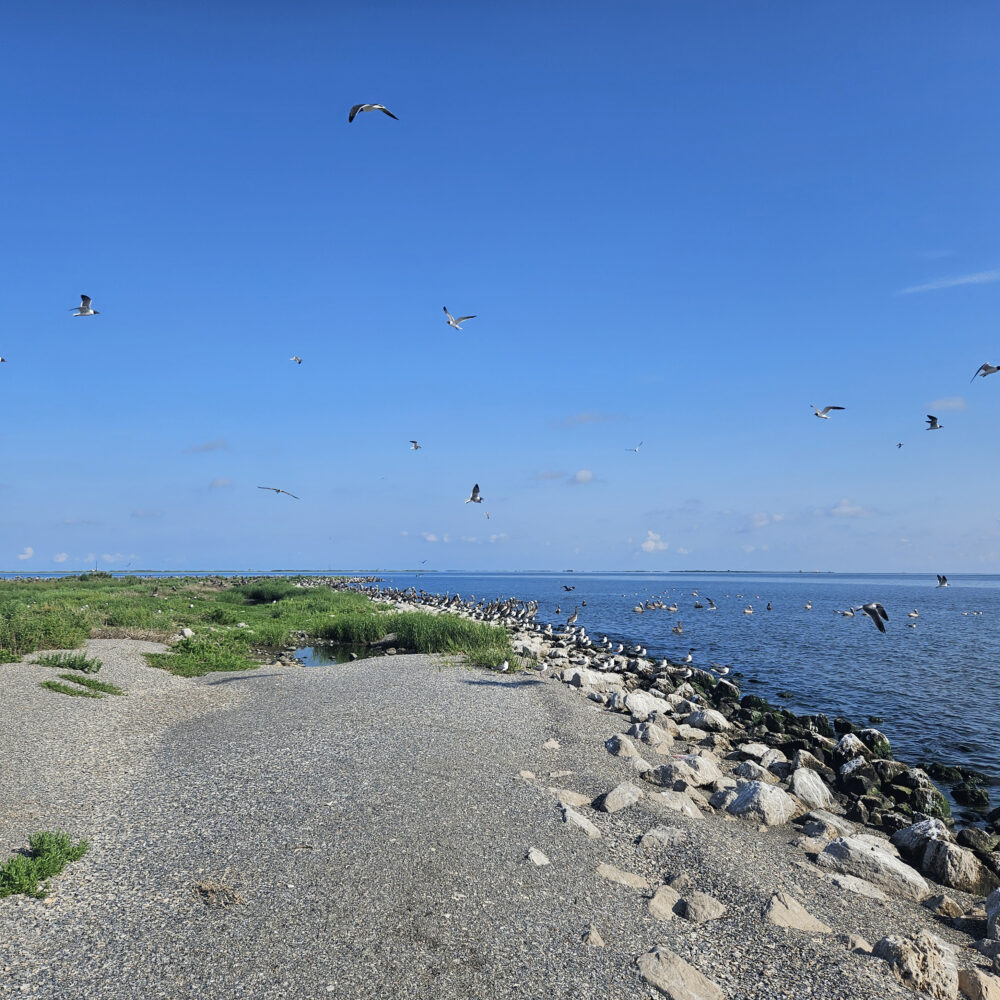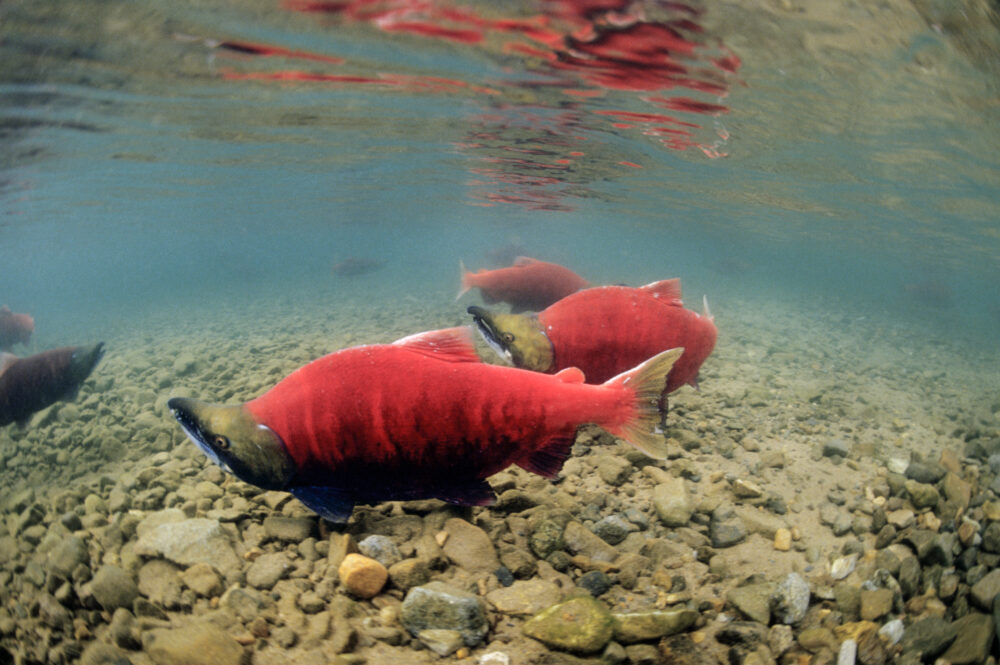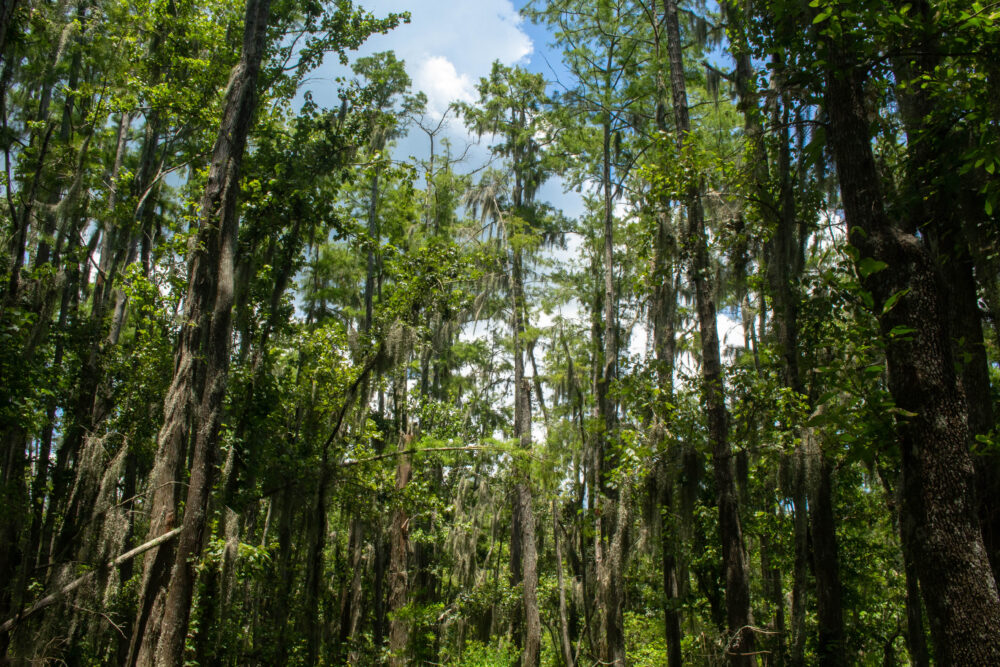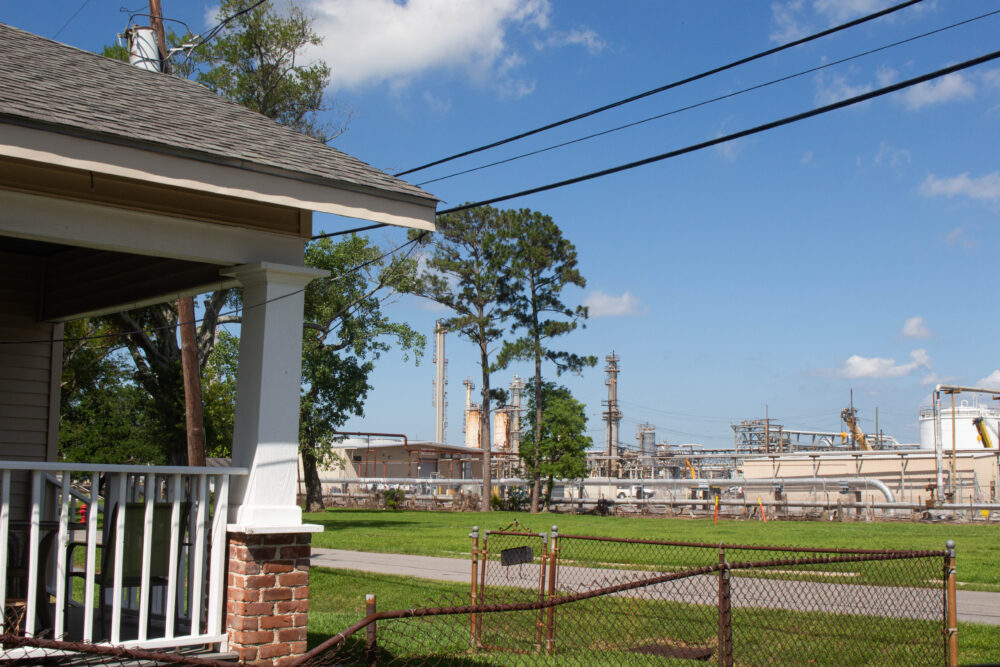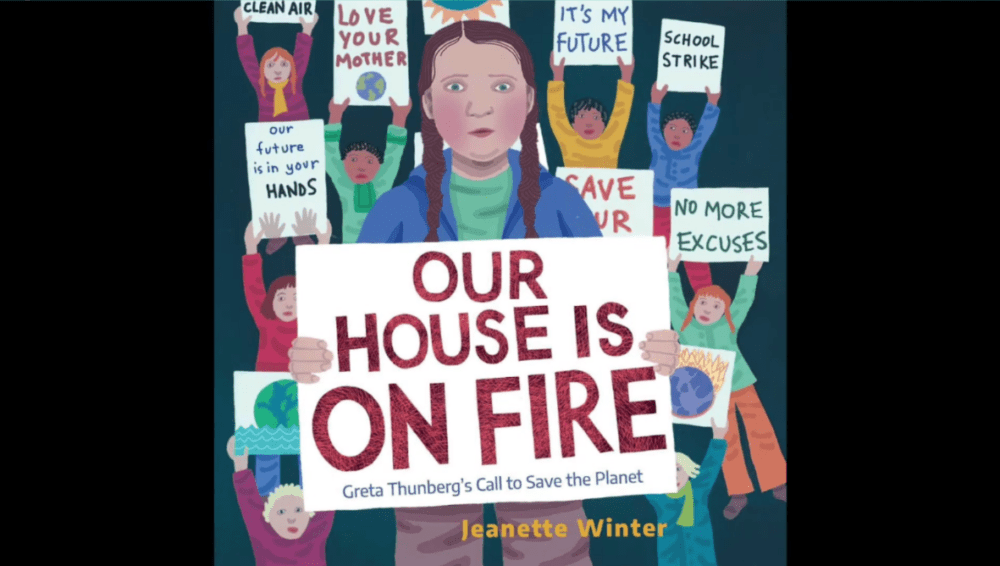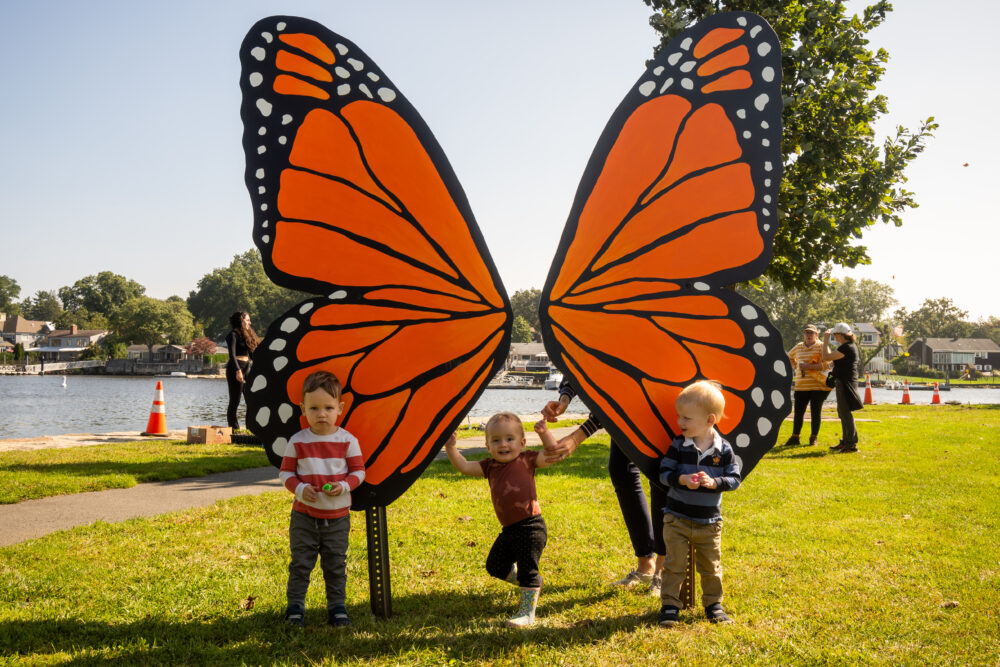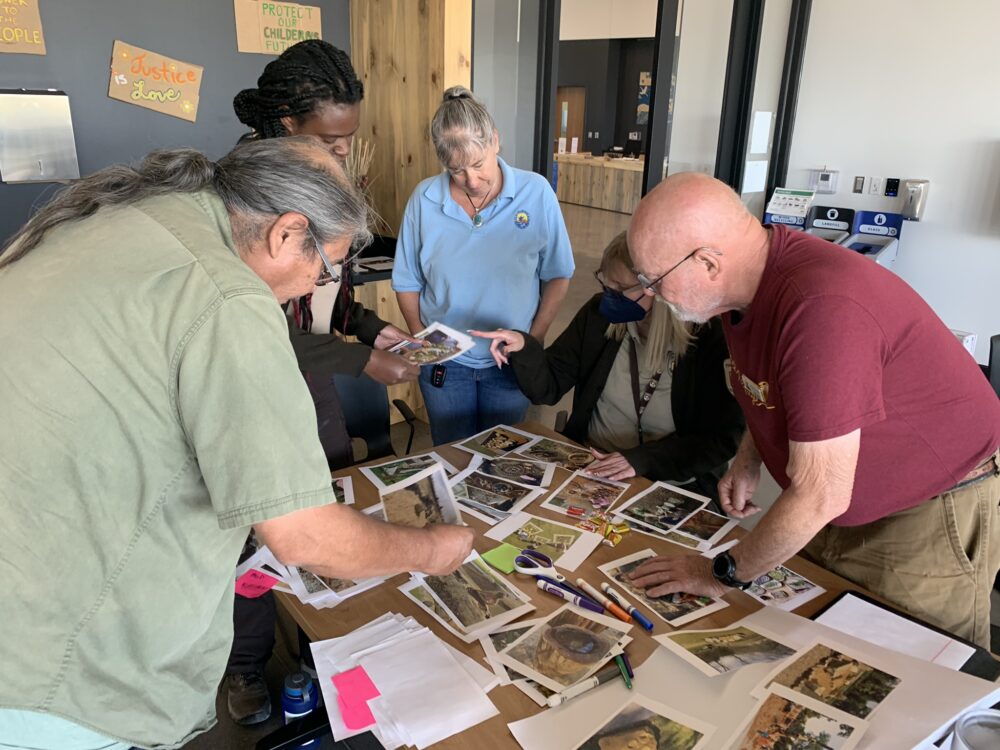We have much more to do and your continued support is needed now more than ever.
Our Changing Oceans – Impacts of Global Warming
The National Council for Science and the Environment hosted their 11th annual national conference this week, Our  Changing Oceans. The three day conference focused on how the ocean environment will be impacted by climate change including both physical and biological impacts like sea level rise and acidification. The first day of the conference delved deep into the Gulf oil spill last April addressing topics such as drilling planning and preparedness, incident response, and impacts on wildlife and the community. Co-Chairs of the National Commission on the BP Deepwater Oil Spill and Offshore Drilling, Honorable William Reilly and Senator Bob Graham, were interviewed by Ray Suarez of PBS. The main message from the interview and the goal moving forward is that there needs to be a significant investment in containment and clean-up, stronger safety regulations and third party monitoring. The commission’s final report was released last week, January 11. Keynote speaker Secretary Ken Salazar, U.S. Department of the Interior, addressed the audience with his vision for our energy future – safer oil and gas drilling, more focus on efficiencies, and investment and development of alternative, cleaner fuels – necessary steps to help the U.S. move away from our dependence on foreign oil. The remaining days of the conference included break-out sessions on oceans and carbon, coastal ocean change and the potential for adaptation, oceans and living marine ecosystems, and oceans and human health, to name a few. The break-out sessions were designed to develop recommendations for using science and education to improve ocean governance and management. Check out the NCSE website for reports coming out of this conference.
Changing Oceans. The three day conference focused on how the ocean environment will be impacted by climate change including both physical and biological impacts like sea level rise and acidification. The first day of the conference delved deep into the Gulf oil spill last April addressing topics such as drilling planning and preparedness, incident response, and impacts on wildlife and the community. Co-Chairs of the National Commission on the BP Deepwater Oil Spill and Offshore Drilling, Honorable William Reilly and Senator Bob Graham, were interviewed by Ray Suarez of PBS. The main message from the interview and the goal moving forward is that there needs to be a significant investment in containment and clean-up, stronger safety regulations and third party monitoring. The commission’s final report was released last week, January 11. Keynote speaker Secretary Ken Salazar, U.S. Department of the Interior, addressed the audience with his vision for our energy future – safer oil and gas drilling, more focus on efficiencies, and investment and development of alternative, cleaner fuels – necessary steps to help the U.S. move away from our dependence on foreign oil. The remaining days of the conference included break-out sessions on oceans and carbon, coastal ocean change and the potential for adaptation, oceans and living marine ecosystems, and oceans and human health, to name a few. The break-out sessions were designed to develop recommendations for using science and education to improve ocean governance and management. Check out the NCSE website for reports coming out of this conference.
For high school, college and university students interested in learning more about oceans and global warming and getting involved, there are many opportunities:
~ American Meteorological Society offers courses on meteorology, oceanography and climatology.
~ University of Maryland’s Center for Environmental Science’s vessel, the R/V Rachel Carson, monitors the health of the Chesapeake Bay and gives students the opportunity to experience field work – water and sediment testing, finfish research, and more.
Learn more about National Wildlife Federation’s work on global warming and coral reefs.


